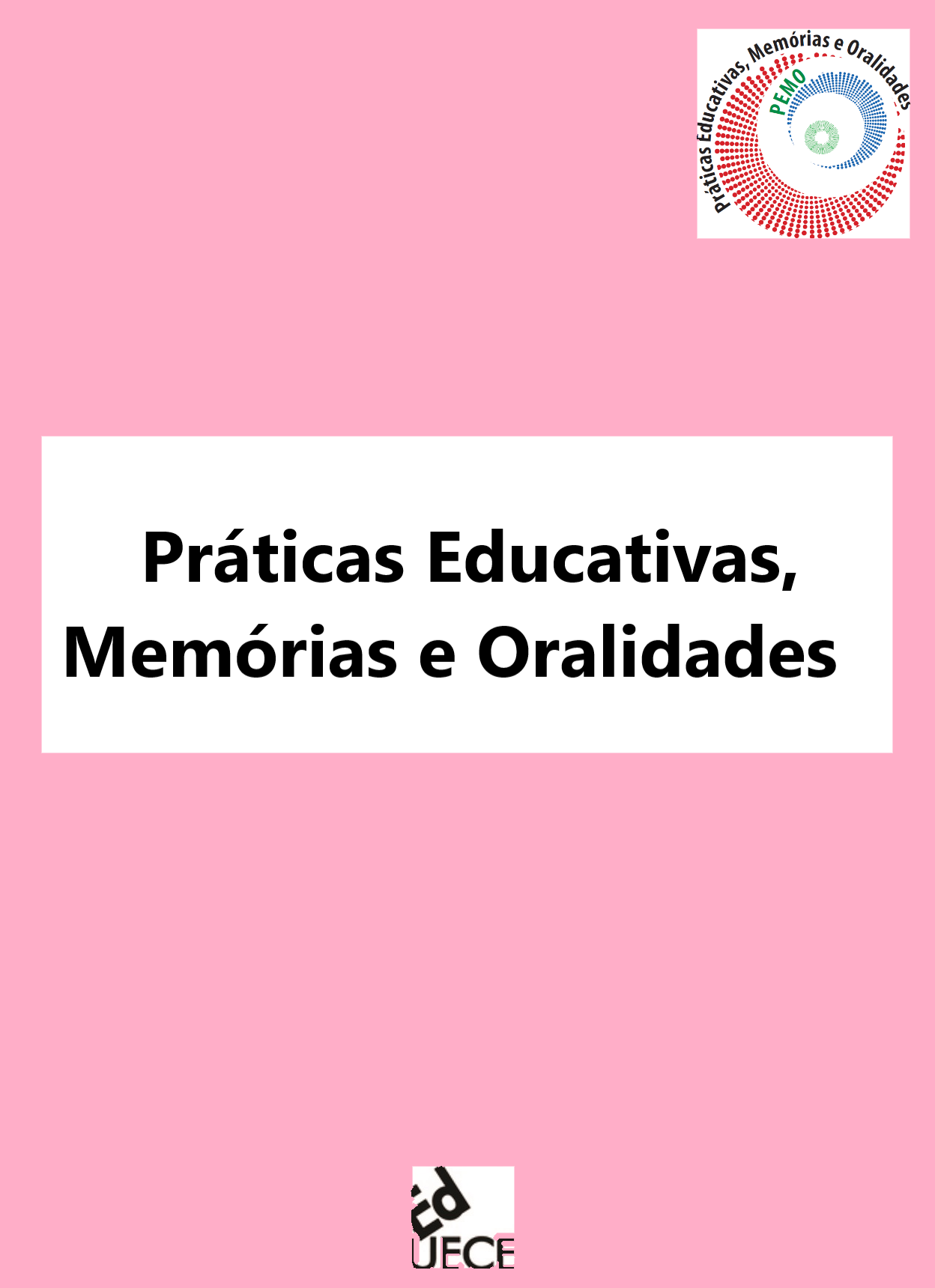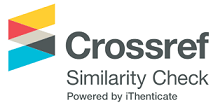The education of the child in the 13th century: reflections on importance of christian formation in the perspective of Ramon Lull
DOI:
https://doi.org/10.47149/pemo.v4.e47104Keywords:
Education of the child, Middle Ages, Cultural heritagesAbstract
In this article, we propose to present a reflection on the conceptions present in the education of children in the thirteenth century. We start from a bibliographic review, in which we seek to present arguments based on consolidated writings on the belief in the importance of an education in which the guiding principle was the Christian faith, but which gave similar value to the learning of science and the liberal arts for human training. Our study will be based on Ramon Lull and his work Doctrina Pueril (1274-1276). Such an essay was written and directed to his own son (Domingos); presents precepts on how to educate children, with a view to the formation of a subject with faith and virtues necessary for social life. Finally, it is hoped that this study can stimulate new discussions and reflections to think about the education of children in different historical periods.
Downloads
References
ADORNO, T. W. Mínima moralia. São Paulo: Ática, 1993
ARIÈS, P. História social da criança e da família. 2ª ed. Rio de Janeiro, RJ: Guanabara, 1981
BETTENSON, H. Documentos da Igreja cristã. São Paulo: ASTE, 2001.
CALVINO, I. Por que ler os clássicos? Tradução de Nilson Moulin. São Paulo: Cia. das Letras, 1993.
COOPER, H.; Hedges, L. Research Synthesis as a Scientific Process. in: H. Cooper, L. Hedges & J. Valentine (Edts.). The Handbook of Research Synthesis and Meta-Analysis, (2nd ed., pp. 3-18). New York, NY: Russel Sage Foundation, 1994. DOI: https://doi.org/10.7758/9781610448864.4
DE CASSAGNE, I. Valorización y educación del Niño en la Edad Media. Tradução: Ricardo da Costa. A Educação Infantil na Idade Média. Prof. Adjunto de Hist. Medieval da UFES Universidade Federal do Espírito Santo. Disponível em: http://www.hottopos.com/videtur17/ricardo.htm Acesso em: 22 ago. 2021
ECO, H. The Ars Magna by Ramon Llull. Vol 1 Dall'Antichità al Medioevo, edited by Umberto Eco (1932–2016) and Riccardo Fedriga, Editore Laterza, Roma-Bari, 2014.
ERASMO. R. Civilidade Pueril. Tradução de Luiz Feracine. Revista Intermeio, Campo Grande, n. 2, 1998. Encarte Especial.
HEYWOOD, C. Uma história da infância: da Idade Média à época contemporânea no Ocidente. Porto Alegre: Artmed, 2004.
KUHMANN JR, M. Uma história da infância: da Idade Média à época contemporânea no ocidente. Cadernos de Pesquisa, v. 35, n. 125, maio/ago. 2005. Disponível em: https://www.scielo.br/j/cp/a/TQgx5RMHkwGHdJXJtN6ynVg/?format=pdf&lang=pt Acesso em: 22 ago. 2021. DOI: https://doi.org/10.1590/S0100-15742005000200014
LE GOFF, J. Passado/Presente. In: Memória e história. Campinas: Ed. da Unicamp, p. 207-233, 2003.
LEVIN, E. A infância em cena: constituição do sujeito e desenvolvimento psicomotor. Petrópolis: Vozes, 1997.
LLULL, R. Doctrina Pueril. In: LLULL, Ramon. Antologia de Ramon Llull. Madrid: Dirección General de Relaciones Culturales, 1961. Disponível em: https://www.ricardocosta.com/traducoes/textos/doutrina-para-criancas Acesso em: 21 ago. 2021.
MANACORDA, M. A. História da educação: da Antiguidade aos nossos dias. 12. ed. São Paulo: Cortez, 2006.
MONTAIGNE, M. A. de. Os Ensaios: livro I. Trad. Rosemary Costhek Abílio, precedido de “um estudo sobre Montaigne”, de Pierre Villey sob direção e com prefácio de V. L. Saulnier. 2ª ed. São Paulo: Martins Fontes, 2002.
OSORIO, J. Da vida e feitos d’el Rei D. Manoel. Lisboa. Impressão Régia. Volume 3,1804. Disponível em: https://purl.pt/409/3/ Acesso em: 22 ago. 2021.
PERIN, C. S. B; OLIVEIRA, T. Um projeto de educação para a criança no século XIII: considerações acerca da pedagogia de Ramon Llull. Educar em Revista. Curitiba, v. 34, n. 72, p. 231-247, Dec. 2018 . Disponível em: http://www.scielo.br/scielo.php?script=sci_arttext&pid=S0104-40602018000600231&lng=en&nrm=iso. Acesso em: 22 ago. 2021. DOI: https://doi.org/10.1590/0104-4060.59496
Published
How to Cite
Issue
Section
License
Copyright (c) 2022 Cláudia Sena Lioti, Márcia Marlene Stentzler

This work is licensed under a Creative Commons Attribution 4.0 International License.













